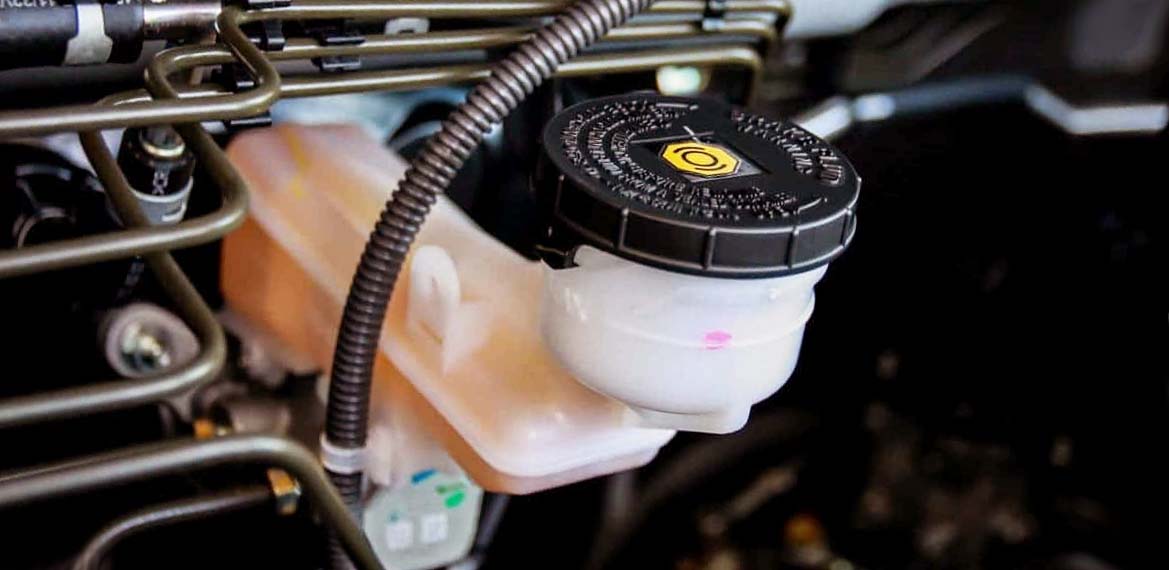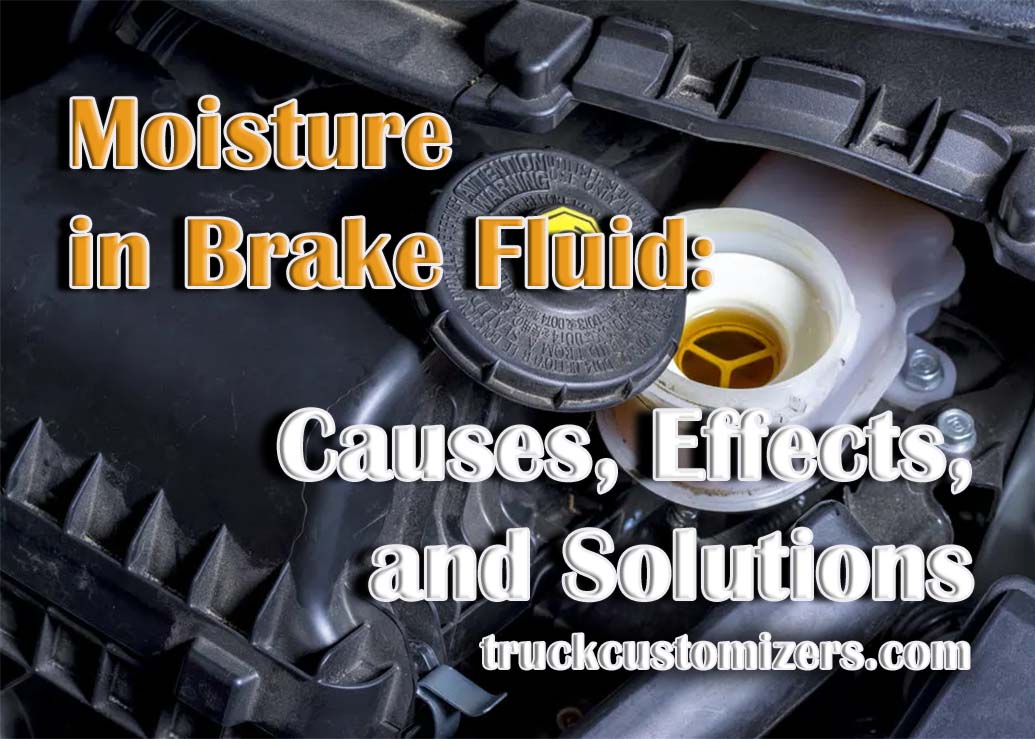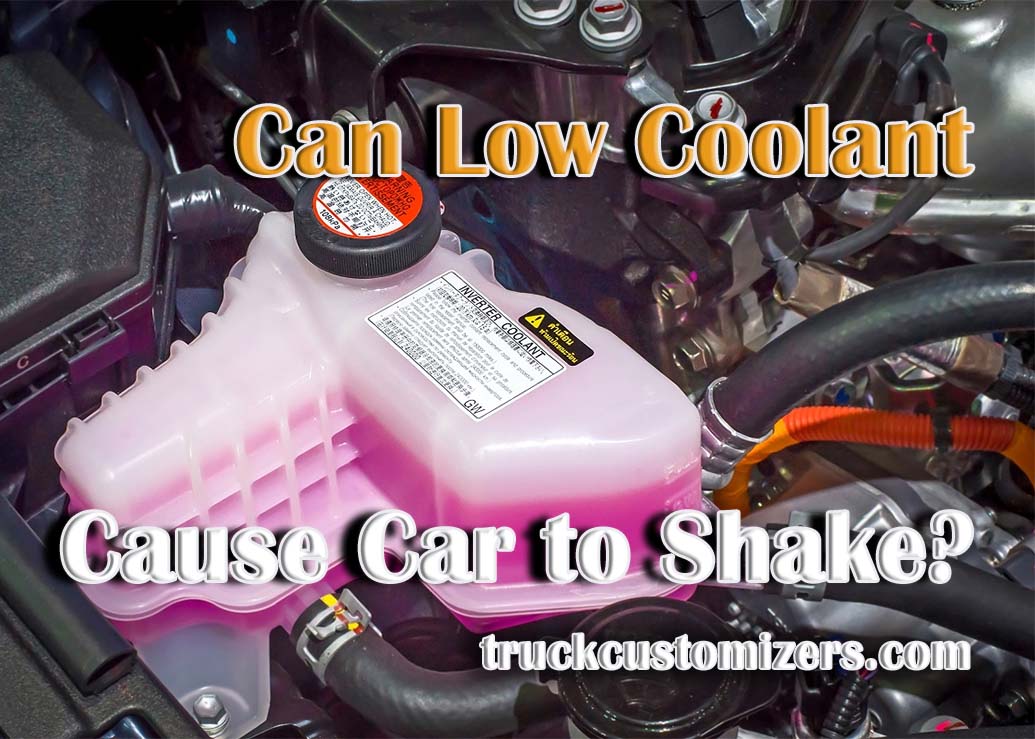Every car owner needs to remain mindful of their brake fluid, as it plays an important role in the operation of their brakes. Most cars come equipped with a hydraulic braking system that relies on brake fluid to maintain consistent pressure for effective stopping power. If too much moisture accumulates in the brake fluid, however, it can cause a variety of issues that may result in reduced stopping power and other dangerous effects. In this article, we will explore the causes and effects of moisture in brake fluid and discuss some potential solutions for addressing or even preventing it.
What is Moisture in Brake Fluid?
The main component of most modern brake fluids is glycol-ether-based or silicone-based glycols; both are hygroscopic by nature, meaning they have an affinity for water molecules and will absorb them from their environment over time. In fact, all brake fluids require a certain level of moisture to work effectively – but when the concentration gets too high (generally over 3%), problems can start to occur due to corrosion or freezing within the braking system components. This additional water vapor is known as “moisture” within the brake fluid, and it can have detrimental effects on your car’s brakes.
Causes of Moisture in Brake Fluid
There are a few common causes of moisture accumulating in brake fluid, the most prevalent being condensation from the environment. As brake fluid cycles through the braking system, it is exposed to fluctuating temperatures, which can cause water molecules from the atmosphere to condense within its components. Additionally, improper maintenance procedures (such as leaving brake fluid reservoirs open) can also lead to moisture buildup over time. Finally, manufacturing defects, system leaks, or incorrectly installed components may also be at fault for introducing moisture into your car’s hydraulic braking system.

Effects of Moisture in Brake Fluid
When too much water accumulates in your brake fluid, it can have a variety of dangerous effects on your car’s braking system and performance. The most frequent issue is corrosion due to rust and other metals being exposed to excess moisture over time; this corrosion can lead to damage within critical components such as cylinders and valves, which will reduce their longevity and performance when activated. Furthermore, excessive moisture buildup can lead to air bubbles forming within the hydraulic braking system, resulting in reduced brake pressure when pushing down on the pedals and lengthening stopping distances. In extreme cases, moisture in the brake fluid can freeze, preventing brakes from working altogether.
Solutions for Dealing with Moisture in Brake Fluid
Fortunately, there are a variety of solutions to address and even prevent the buildup of moisture in your car’s brake fluid. The most common approach is to simply replace the contaminated fluid with new, dry fluid; this can be done at home or by a professional mechanic, depending on your skill level and comfort with automotive maintenance. Additionally, investing in “dry” brake fluids such as silicone-based glycols or DOT 5 fluids may also solve the problem since they are less hygroscopic than traditional glycol-ether-based fluids. Finally, it is important to regularly inspect your car’s braking system for any signs of corrosion or leaks that may be causing excess moisture buildup within its components.
Conclusion
Understanding and addressing moisture in brake fluid is an important part of maintaining your car’s braking system and ensuring reliable stopping power whenever needed. If too much water accumulates within the hydraulic braking system, it can cause a variety of dangerous issues, such as reduced pressure when activating brakes or increased stopping distances. Fortunately, there are a variety of solutions for dealing with moisture in brake fluid – ranging from replacing the contaminated fluid to investing in “dry” brake fluids such as silicone-based glycols or DOT 5 fluids. Remember, prevention is always better than cure, so stay mindful of your car’s braking system and any potential issues that may arise due to moisture buildup over time.



